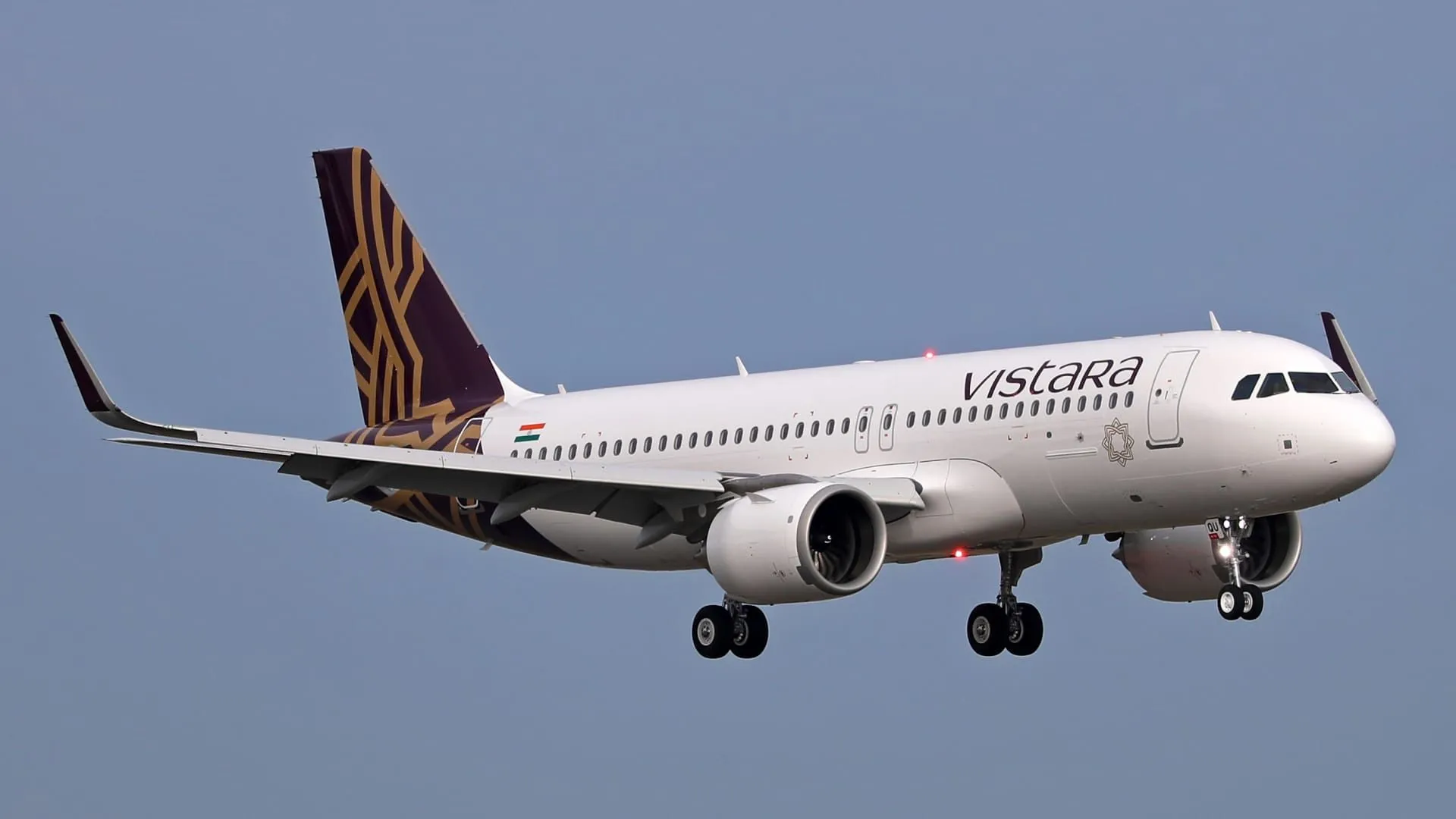After nearly a decade of operations, Vistara, the full-service airline co-owned by Singapore Airlines, will operate its final flight on November 11, 2023, marking the end of an era for India’s aviation industry. From November 12, Vistara’s operations will officially merge with Air India, the country’s flagship carrier, following a significant deal that reduces the number of full-service carriers (FSCs) in India from five to just one.
This merger is a key milestone in India’s aviation history. Since the 2007 merger of Indian Airlines and Air India, India had been home to multiple full-service airlines, including Kingfisher, Jet Airways, and Air Sahara (which became JetLite before Jet Airways’ demise). However, with the fading of Kingfisher in 2012 and Jet Airways’ collapse in 2019, Vistara stood as the last new entrant in the FSC space.
Launched in January 2015, Vistara filled the gap in India’s growing demand for premium air travel. With a strong legacy of quality service and a joint venture between Tata Sons and Singapore Airlines, the airline quickly became a favorite for those seeking a full-service flying experience. However, as part of a strategic move by Tata Group, the merger with Air India now brings an end to Vistara as an independent brand.
MUST READ: Ayodhya’s Ram Lalla Idol To Adore Woollen Clothes For The First Time This Winter
The merger will grant Singapore Airlines a 25.1% stake in Air India, following the Foreign Direct Investment (FDI) liberalization that allowed foreign carriers to own stakes in Indian airlines. This marks the end of the unique co-ownership model that Vistara followed. For Vinod Kannan, the CEO of Vistara, the transition has been monumental as he also serves as the Chief Integration Officer for the merger process. He will continue in his role post-merger, ensuring a smooth transition for the combined airline operations.
In a recent statement, Kannan acknowledged the contributions of those who have been pivotal in the consolidation process. He also expressed gratitude to employees who have shaped Vistara’s legacy in India’s competitive aviation market.
Vistara’s journey began with great promise, offering a seamless flying experience with a blend of comfort and luxury. From its distinctive cabin interiors to its top-notch in-flight services, Vistara raised the bar for air travel in India. The airline’s legacy includes the introduction of modern amenities, exceptional customer service, and an approach that prioritized passenger satisfaction.
The merger with Air India brings an end to this chapter, as Vistara’s assets, fleet, and employees are integrated into Air India’s operations. This strategic move aligns with the Tata Group’s overarching vision for Air India, aimed at creating a globally competitive, full-service airline capable of challenging international giants.
With the merger, the number of full-service carriers in India will decrease dramatically. Vistara’s disappearance from the skies will leave Air India as the sole full-service option for passengers in India, consolidating its position in both domestic and international markets. As Air India rebrands and expands its services, this merger is seen as a crucial step in enhancing its global competitiveness, especially in the post-pandemic aviation landscape.
Ahead of the merger, Air India Group announced several management changes. Vinod Kannan, who was Vistara’s CEO, will continue overseeing the integration process post-merger. These changes are seen as part of a broader restructuring of Air India, which is aiming to streamline operations, improve efficiency, and foster innovation in its customer service.
As Vistara transitions into Air India, many are reflecting on the airline’s contributions to India’s aviation landscape, remembering the experiences, the comfort, and the premium services it offered to passengers over the years.
Vistara’s final flight on November 11 marks the end of an era in India’s aviation history. With the merger now underway, India’s skies are set to change, but the legacy of Vistara’s excellence in full-service travel will always be remembered. As Air India takes flight into a new era, the hopes for a more competitive, global airline are high, with expectations that the merger will shape India’s aviation future in the years to come.
ALSO READ: Intel Reintroduces Free Coffee And Tea To Lift Employee Morale After Layoffs Of 15,000 Workers






















